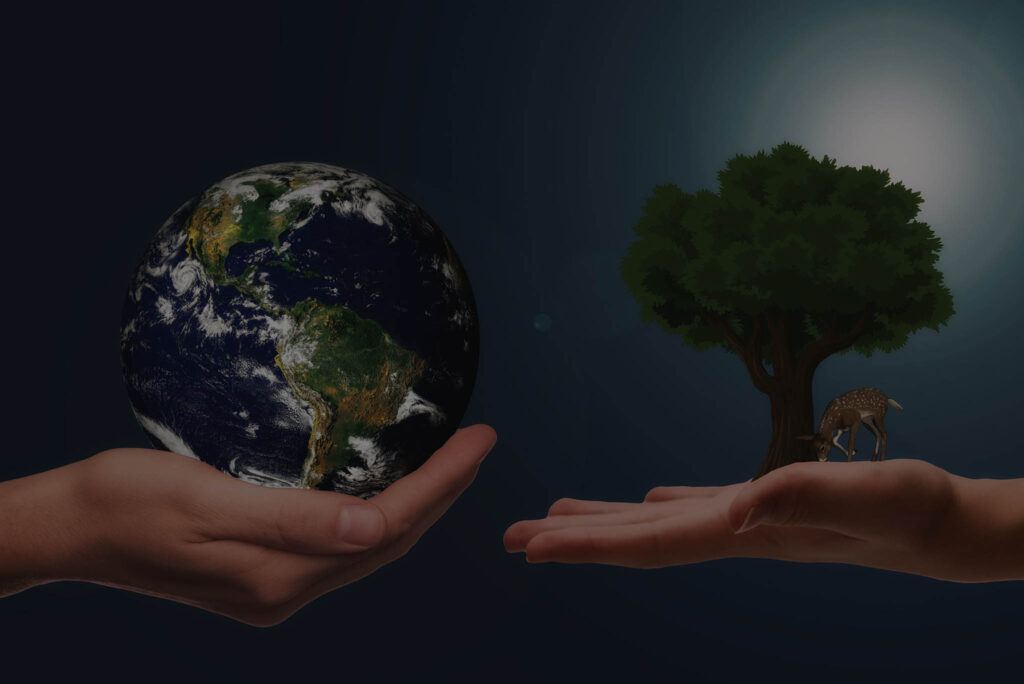In the picturesque south of France, a groundbreaking technological advancement is changing the way the fashion industry tackles waste. While Europe currently recycles a mere one percent of its used textiles, a pioneering initiative is diverting tons of waste from landfills and offering new hope for sustainable fashion.
Meet Cetia, the world’s first ‘innovation platform,’ located in Hendaye, southwest France, where cutting-edge robots are leading a revolution in textile recycling. The fashion industry, notorious for producing hard-to-recycle items like shoes, faces a monumental challenge in sustainability. Shoes are often composed of intricate materials, from polyester to foam and leather, making recycling an arduous task. But Cetia is determined to change that.
The heart of Cetia’s innovation lies in a near-infrared sensor that can accurately detect a garment’s material composition. Whether it’s 80 percent cotton, 20 percent polyester, or any other combination, this technology sorts textiles with remarkable precision. These materials are then organized and placed in the correct recycling bins, ensuring that each type is repurposed efficiently.
One of the European Union’s goals is to increase textile recycling, aiming for a minimum content of recycled fibers in textiles by 2030. However, the fashion industry faces significant hurdles in dismantling and sorting textiles, often leading to recycling into products like household padding or bitumen. But there’s a growing desire for change, with brands expressing a desire to see their products recycled within their industry, rather than for insulation or flooring.
Cetia’s high-tech machinery is equipped with artificial intelligence (AI) that can differentiate intricate fabric components, such as zippers and buttons, from the fabric itself. AI-driven laser-cutting machines ensure that textiles are separated with precision and care.
While this state-of-the-art equipment comes at a cost of nearly €2 million, it represents a significant step forward in sustainable fashion. Companies like Decathlon, one of Cetia’s early supporters, are embracing eco-design concepts to facilitate recycling. Their vision includes considerations of the number of materials used and disruptive elements, with the aim of achieving 100 percent eco-designed products by 2026.
For the fashion industry, Cetia and initiatives like “Re-shoes” are essential. Véronique Allaire-Spitzer, director of the Regeneration Division of eco-organization Refashion, emphasizes the critical role these innovations play in the creation of a recycled textiles sector in France. Backed by funding from Refashion and the Nouvelle-Aquitaine region, Cetia’s groundbreaking projects are taking a significant step towards a more sustainable and circular textile industry.
For Detailed Article – https://www.euronews.com/green/2023/09/13/just-one-per-cent-of-textile-waste-in-europe-is-recycled-these-robots-are-going-to-change-

